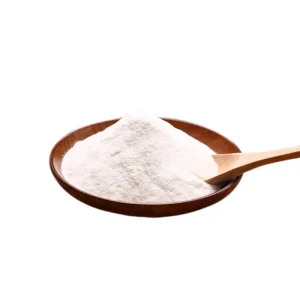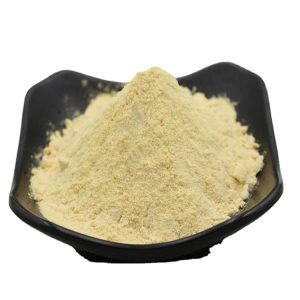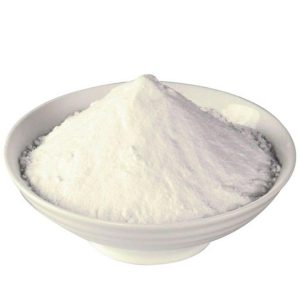Folic acid is a water-soluble B-vitamin (vitamin B9), named after its initial extraction from spinach leaves. It cannot be synthesized by the human body and must be obtained through food (such as dark green vegetables, legumes, citrus fruits, etc.) or supplements. Folic acid is crucial for cell division and growth, playing a key role in DNA synthesis, repair, and methylation reactions. A deficiency in folic acid in the body may lead to issues such as anemia and abnormal neurological development.

Benefits of Folic Acid:
1、Preventing fetal neural tube defects: Folic acid is vital for the early neurological development of fetuses. Supplementing folic acid in women during pre-pregnancy and early pregnancy can significantly reduce the risk of neural tube defects such as spina bifida and anencephaly, which is its most widely recognized role.
2、Promoting red blood cell production: Folic acid is involved in hemoglobin synthesis. A deficiency can lead to megaloblastic anemia, characterized by fatigue, weakness, and decreased immunity. Folic acid supplementation can alleviate such anemic symptoms.
3、Supporting cell division and growth: Indispensable for DNA and RNA synthesis, folic acid promotes normal cell division and proliferation. It is particularly important for the growth and development of infants, children, and adolescents, as well as the renewal and repair of tissues like skin and hair.
4、Maintaining cardiovascular health: Folic acid helps lower blood levels of homocysteine (elevated homocysteine is associated with an increased risk of cardiovascular diseases), thereby reducing the risk of atherosclerosis, heart disease, and stroke.
5、Improving cognitive function: Studies suggest that adequate folic acid intake may help maintain normal neurological function, delay age-related cognitive decline (e.g., memory loss), and potentially reduce the risk of Alzheimer’s disease.
6、Supporting the immune system: Folic acid is involved in the production and activation of immune cells (such as lymphocytes), enhancing the body’s resistance to pathogens and helping prevent infections.
Application Scenarios
-
Dietary Supplements: Tablets, capsules, gummies, oral liquids
-
Prenatal Health Products: Multivitamins and prenatal-specific supplements
-
Functional Foods: Infant fortified foods, nutrition powders
-
Pharmaceutical Raw Material: Used clinically for anemia and prenatal nutrition support

References:
1. Hsu C Y, Chiu S W, Hong K S, et al. Folic acid in stroke prevention in countries without mandatory folic acid food fortification: a meta – analysis of randomized controlled trials[J]. J Stroke, 2018, 20(1): 99 – 109.
2. Huo Y, Li J, Qin X, et al. Efficacy of folic acid therapy in primary prevention of stroke among adults with hypertension in china: the csp pt randomized clinical trial[J]. Jama, 2015, 313(13): 1325 – 1335.
3. Caudill M A. Folic Acid supplementation and pregnancy: more than just neural tube defect prevention[J]. The Journal of nutrition, 2012, 142(1): 197S – 201S.
4. Drugs.com. Folic acid[EB/OL]. [2024 – 07 – 10]. https://www.drugs.com/folic_acid.html.
5. Centers for Disease Control and Prevention. About Folic Acid[EB/OL]. [2025 – 05 – 20]. https://www.cdc.gov/folic – acid/about/.





